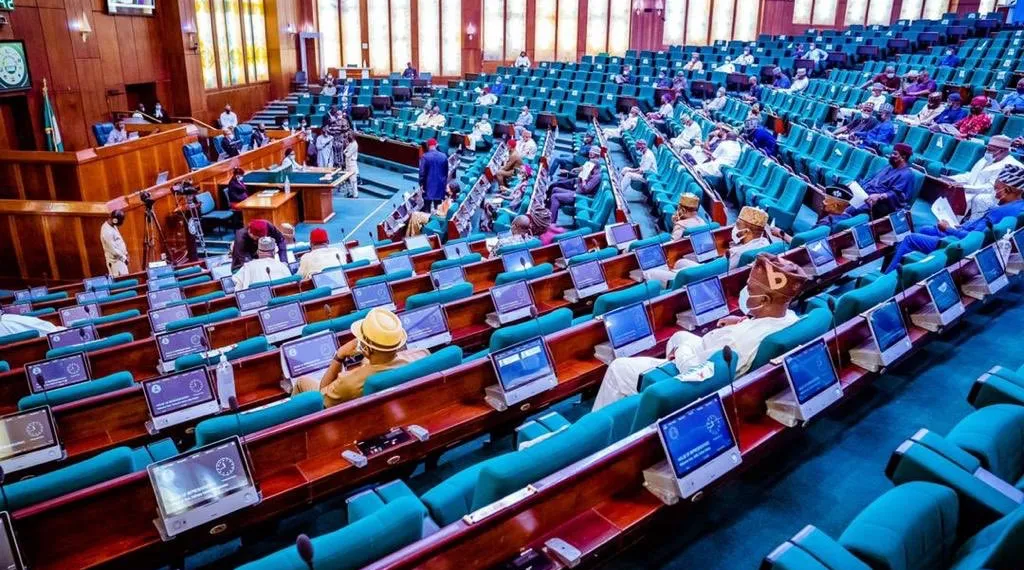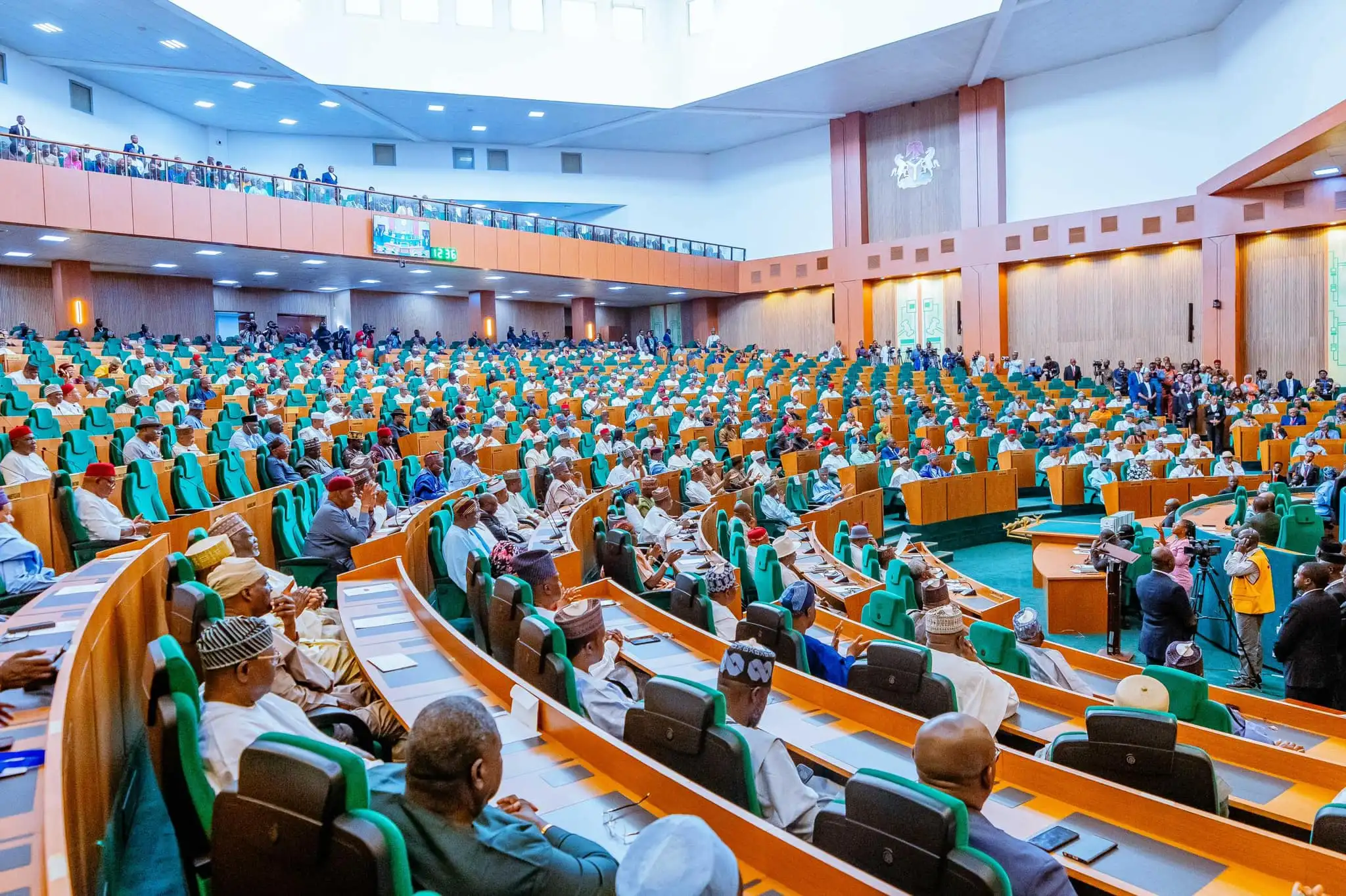Nigeria’s House of Representatives dismissed a rotational presidency constitutional amendment proposal on Tuesday. The proposal would rotate the positions of president and vice president among the country’s six geopolitical zones.
Furthermore, the House rejected six additional constitutional amendment bills outlined in the order paper for discussion. However, it decided to revisit the bills on Wednesday and evaluate them based on their merits.
At the start of the debate, the House suspended its rules to discuss the constitutional amendment bills concurrently, allowing members to select any of the seven listed bills for discussion.
Most members, however, focused on the proposal to rotate the president and vice president roles among the six geopolitical zones. Many expressed opposition and cautioned against establishing a potentially harmful precedent.
Deputy Minority Leader, Aliyu Madaki, spearheaded the dissent against the proposal, arguing that the Federal Character Commission has already managed the issues the amendment sought to address, and cautioning that rotation should not be enshrined in the constitution but allowed to remain unregulated.
Madaki maintained that existing political parties have measures to guarantee equitable representation in the allocation of positions during each electoral cycle.

Other rejected bills included a proposal to amend the Constitution of the Federal Republic of Nigeria, 1999, to strip the Independent National Electoral Commission of its authority to register and regulate political parties in Nigeria, transferring that power to the Office of the Registrar General of Political Parties, as well as a proposal to amend the Constitution to provide for the rotation of the offices of President and Vice President among the six geopolitical zones: North Central, North East, North West, South East, South South, and South West.
Additional bills that were turned down comprised one aimed at establishing the independence and functions of the Office of the State Auditors-General for Local Governments and the Federal Capital Territory Area Councils to enhance fiscal oversight, accountability, and good governance at the grassroots level, along with another proposal to amend the Constitution to create the Ughelli East Local Government Area in Delta State.


 Trending
Trending 